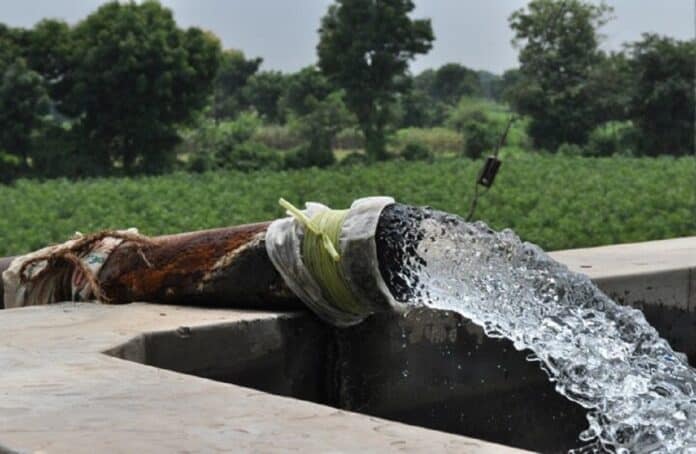A new study led by the University of Michigan found that farmers in India have adapted to rising temperatures by increasing groundwater withdrawal for irrigation. If current trends continue, the groundwater loss rate might triple by 2080, putting India’s food and water security at risk.
Climate change and natural resource degradation are challenging agricultural production all over the world. More than one-third of India’s 1.4 billion people may be at risk of losing their way of life due to reduced water availability due to groundwater depletion and climate change. India, the second-largest producer of cereal grains like rice and wheat, just passed China to become the world’s most populated country.
Study senior author Meha Jain, assistant professor at U-M’s School for Environment and Sustainability, said, “We find that farmers are already increasing irrigation use in response to warming temperatures, an adaptation strategy that has not been accounted for in previous projections of groundwater depletion in India, This is of concern, given that India is the world’s largest consumer of groundwater and is a critical resource for the regional and global food supply.”
The new study examined historical data on groundwater levels, climate, and agricultural water stress to look for recent changes in warming-related withdrawal rates. The researchers also estimated future groundwater loss rates in India using temperature and precipitation estimates from ten climate models. According to a new study, higher temperatures may increase water demand from stressed crops, leading to more irrigation by farmers.
Nishan Bhattarai said, “Using our model estimates, we project that under a business-as-usual scenario, warming temperatures may triple groundwater depletion rates in the future and expand groundwater depletion hotspots to include south and central India.”
He added, “Without policies and interventions to conserve groundwater, we find that warming temperatures will likely amplify India’s already existing groundwater depletion problem, further challenging India’s food and water security in the face of climate change.”
In previous research, climate change might reduce staple Indian agricultural yields by up to 20% by mid-century. At the same time, the country’s groundwater is decreasing at an alarming rate, primarily due to agricultural water consumption.
The researchers created a dataset that includes groundwater levels from thousands of wells across India, high-resolution satellite images that measured crop water stress, and temperature and precipitation records.
Most climate models predict higher warmth, increased monsoon precipitation (June through September), and decreasing winter precipitation in India during the next several decades. According to the U-M-led study team, Warming temperatures combined with reduced winter precipitation more than offset enhanced groundwater recharge from higher monsoon precipitation, accelerating groundwater decreases. Their average estimate of groundwater-level decreases by 2041 and 2080 for several climate-change scenarios was more than three times the present depletion rates.
The result shows that Warming temperatures increase crop water stress in monsoon and winter growing seasons due to increased water demand or potential evapotranspiration (PET).
The study was funded by a NASA Land-Cover Land-Use Change Grant and a NASA new investigator program.
Journal Reference:
- Nishan Bhattarai, David B. Lobell, et al. Warming temperatures exacerbate groundwater depletion rates in India. Science Advances. DOI: 10.1126/sciadv.adi1401
